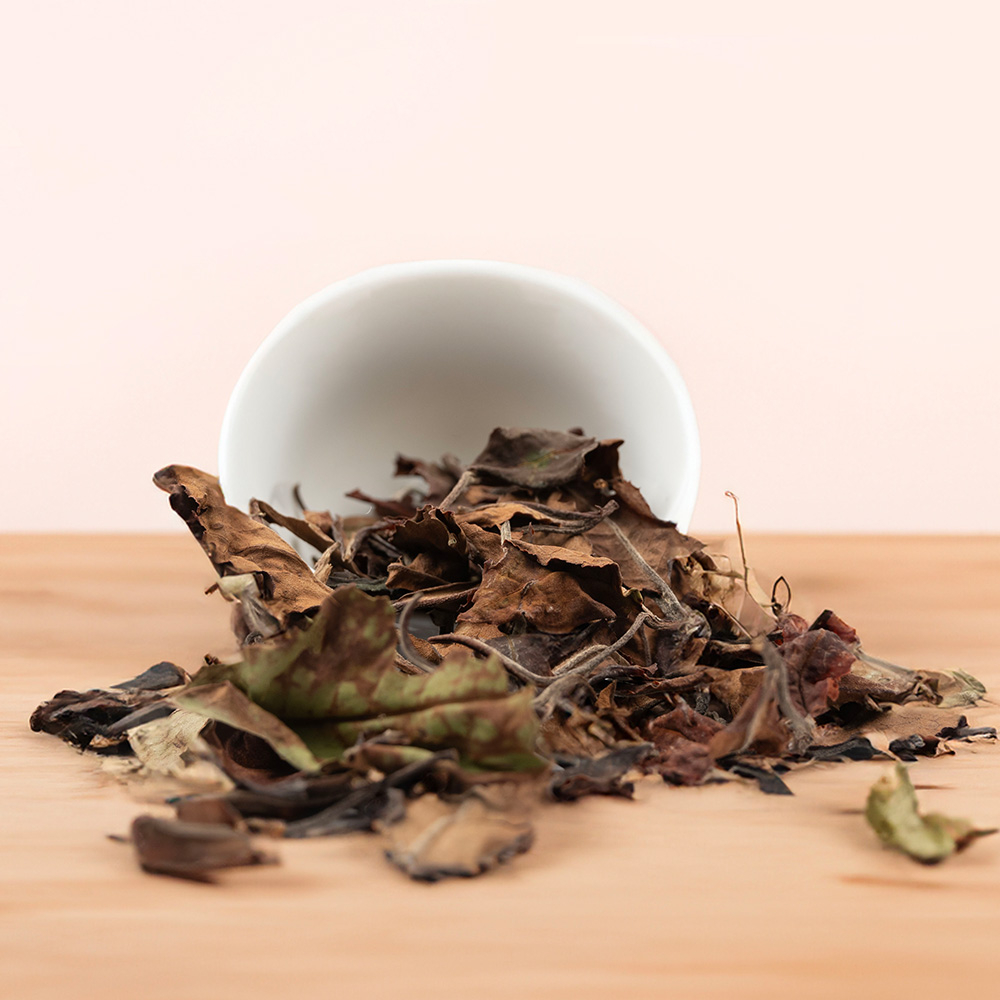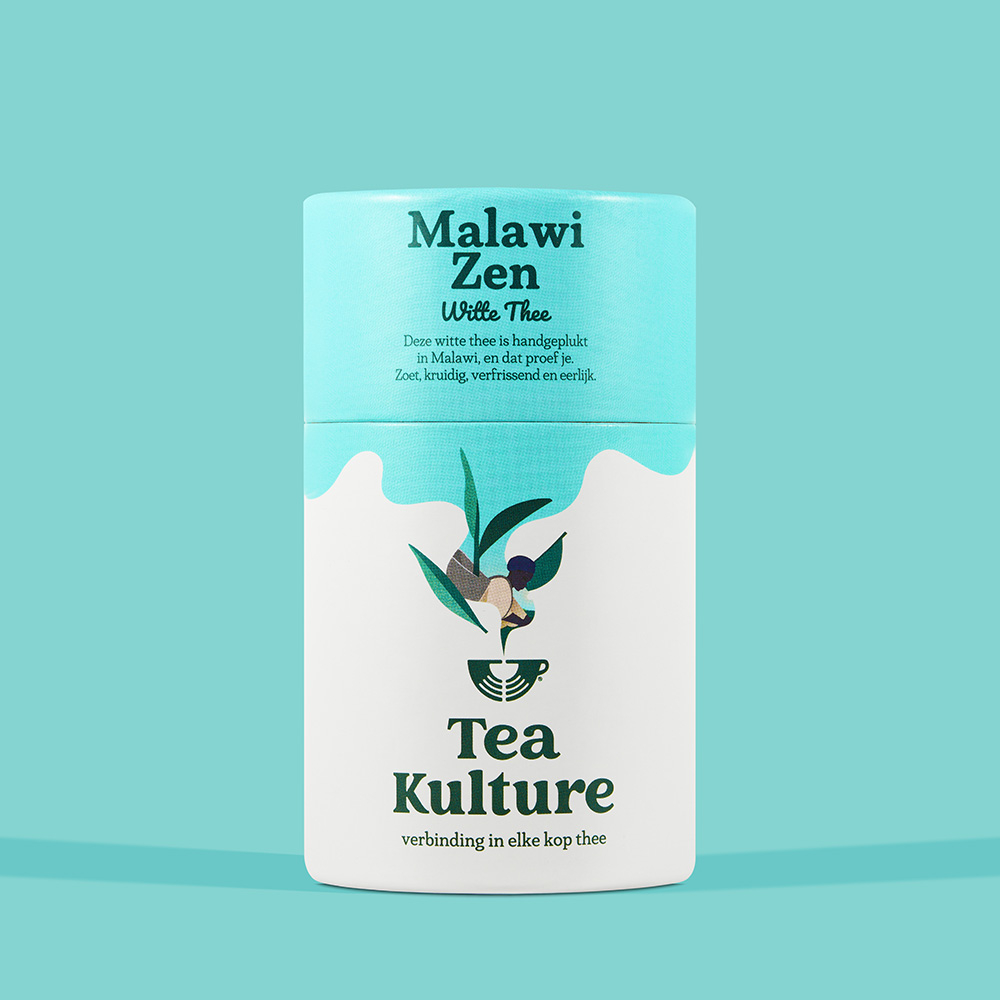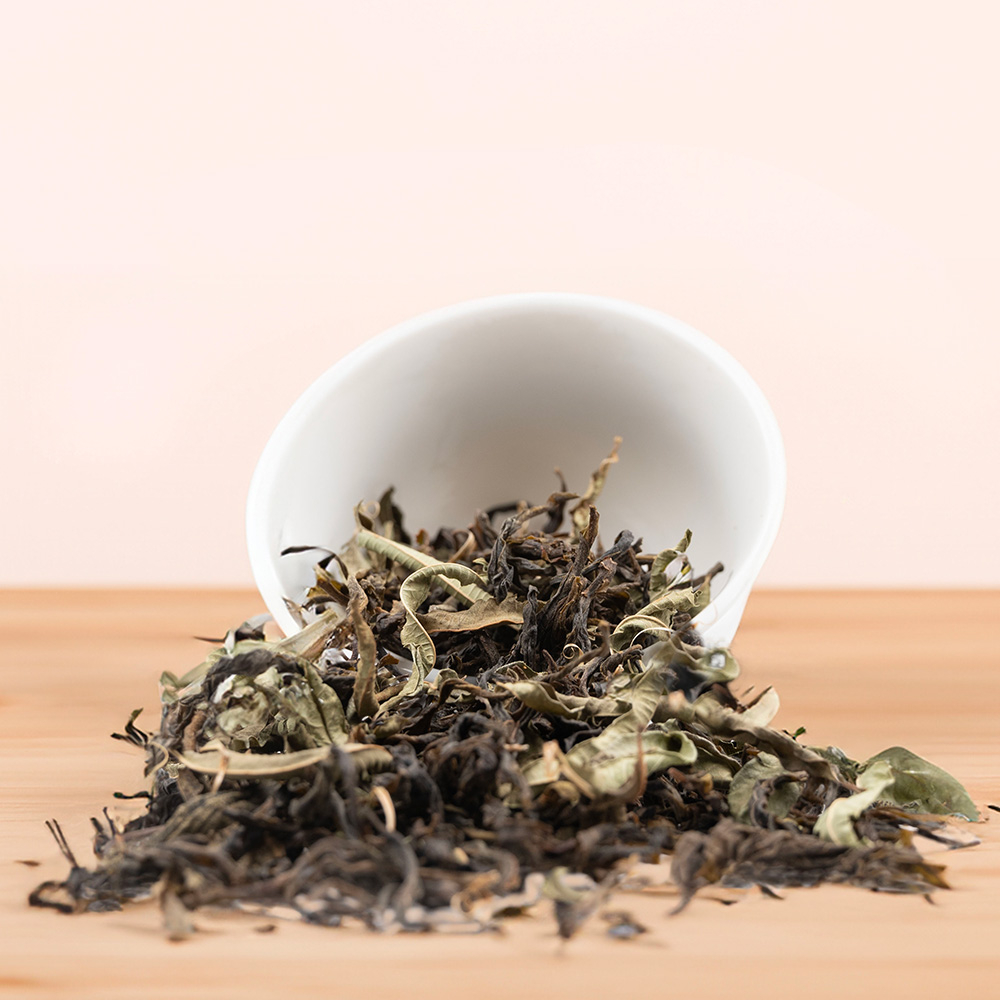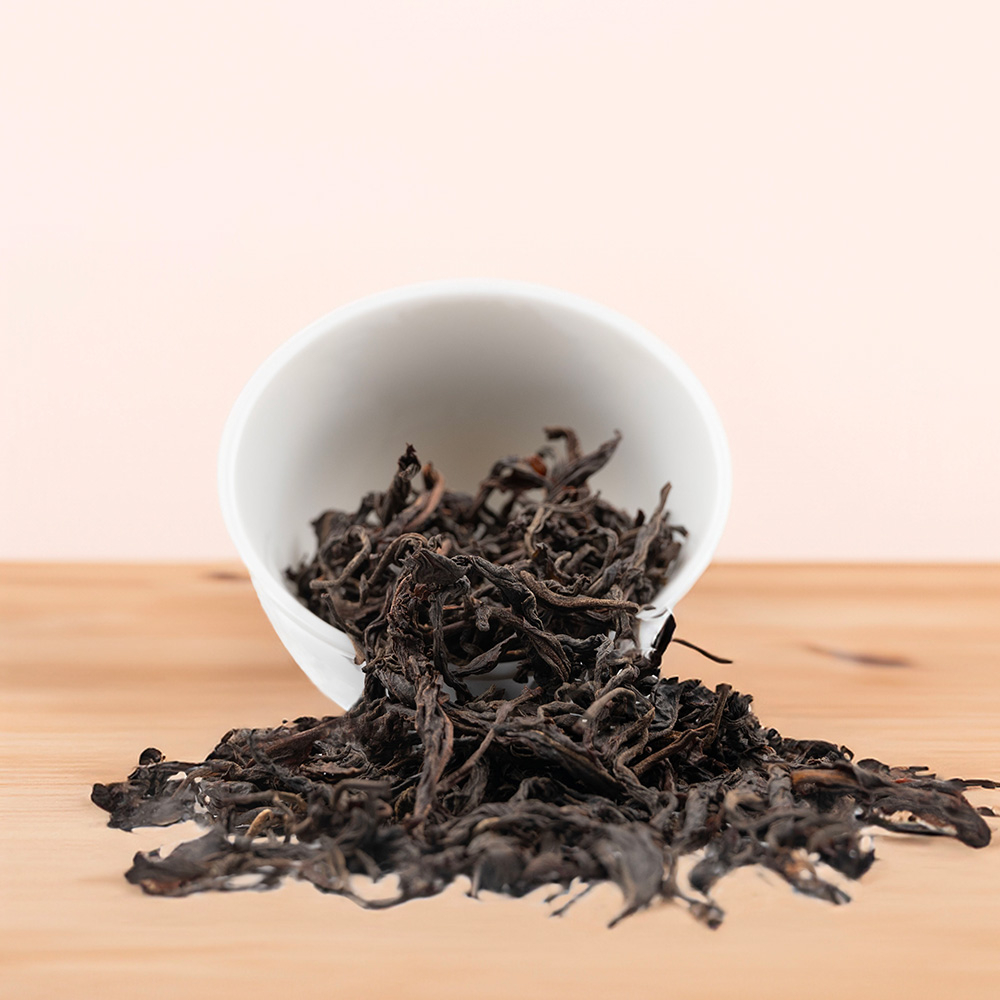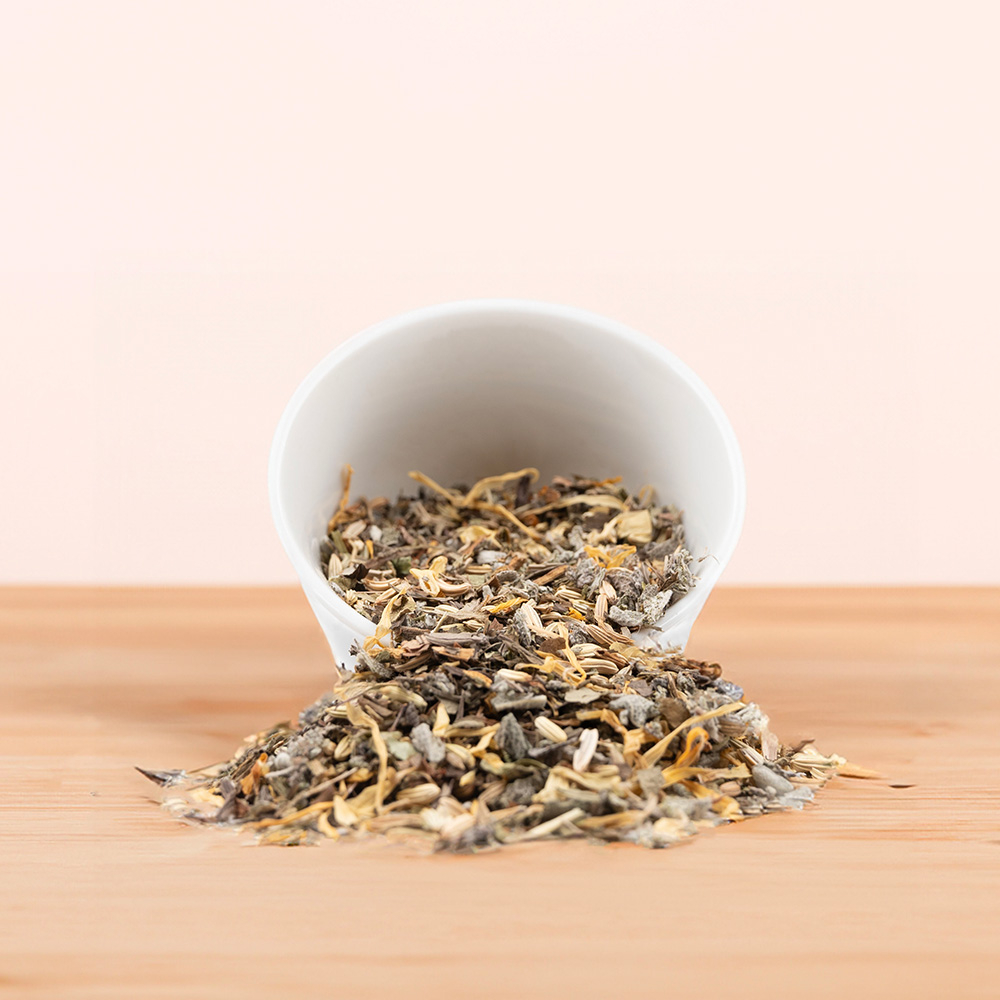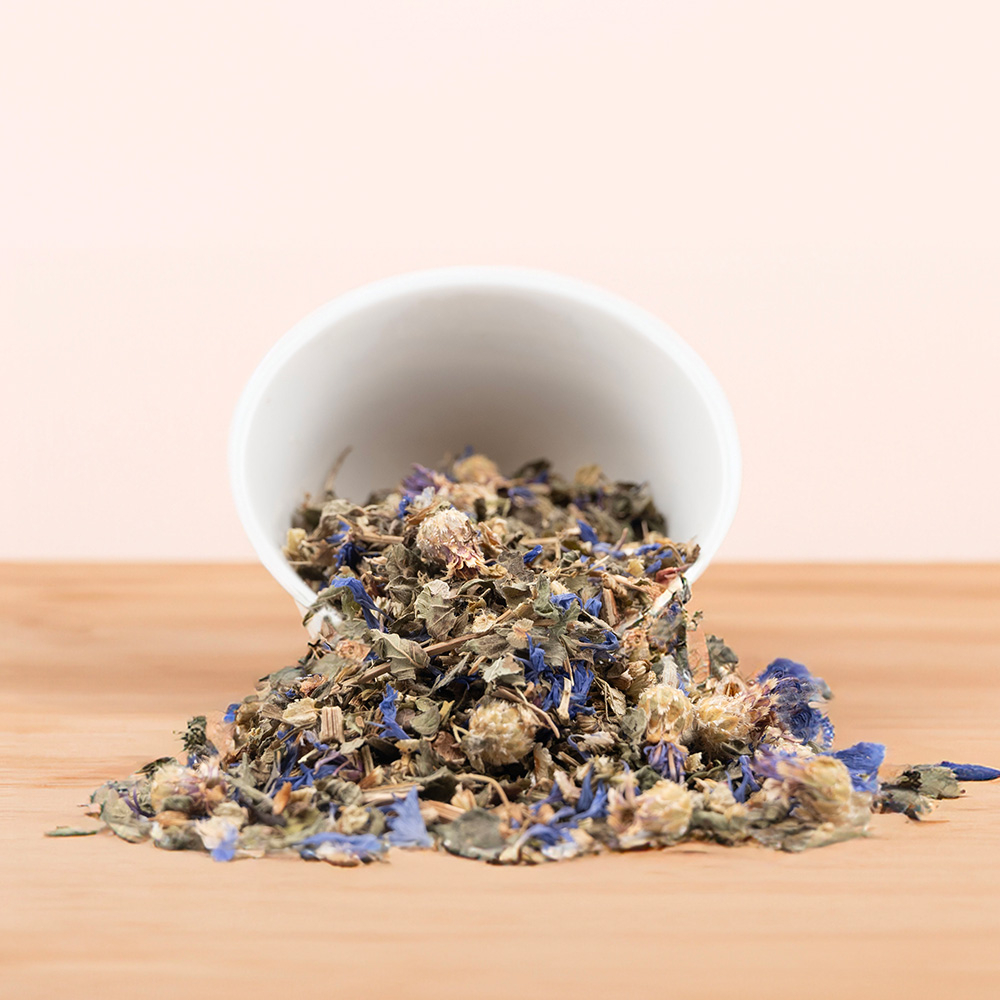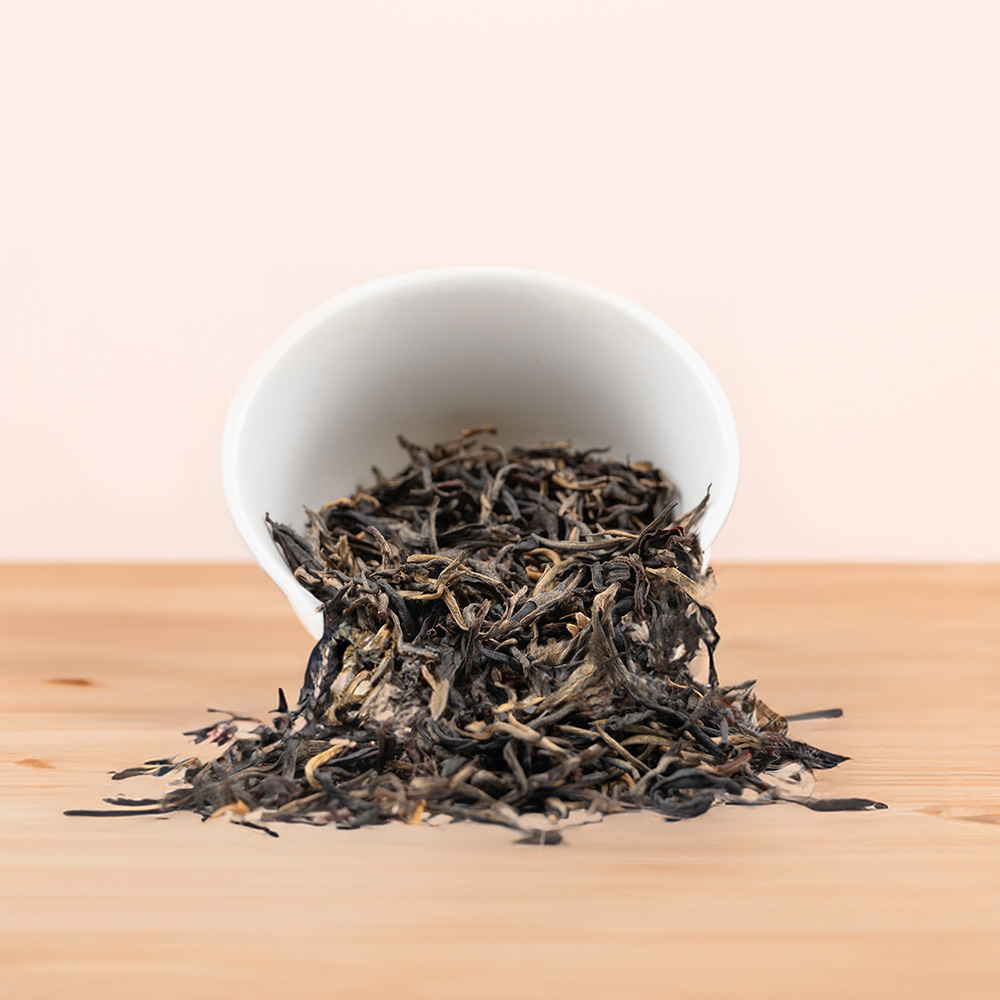More About White Peony
Hand-picked white tea from Malawi, White Peony is a delicate and yet flavorful journey for the senses. Mirroring its traditional Chinese counterpart, Bai Mu Dan, this sun-dried tea adheres to the “one bud and two leaves” picking standard.
White Peony offers a sweet, honey-like flavour with hints of crisp nectarine, sauna and meadow flowers. This refreshing tea uplifts the spirit, bringing sunshine to your cup.
Brewing Tips
Quantity of tea leaves: 3 gram
Temperature of water: 80° – 90°
Infusion time: 2 minutes
Maximum number of infusions: 2 times
Begin by heating water to 80-90°C, the ideal temperature range to unlock the delicate and nuanced flavours of White Peony. For a Western-style brew, place about 3 grams of White Peony leaves into your teapot or infuser (about 250 ml), ensuring there is ample space for the leaves to expand and release their essence. Pour the heated water over the leaves, fully covering them, and let them steep for 2 minutes for the initial infusion.
Enjoy up to two infusions, maintaining the water temperature at 80-90°C and slightly extending the brewing time for the second infusion to fully appreciate the tea’s complex profile.
If you are brewing it using the Eastern gong fu cha method, use around 3-5 g of leaf for your gaiwan or small teapot (around 120 ml). This method will reveal the tea’s intricate layers and bring out its delicate, refreshing flavours.
No matter the brewing technique, White Peony will consistently deliver a beautiful infusion with a sweet and refreshing taste.
Read more about how to brew a delicious cup of tea.
Tasting Profile
White Peony offers a delightful sensory experience with its sweet, honey-like flavour and hints of crisp nectarine and summer herbs and blossoms with spicy undertones. The dry leaves, varying from green to brown, emit a sweet, fruity aroma with notes of sauna, raspberry leaves, and meadow flowers.
Upon rinsing, the aroma develops into floral, wild honey, dried fruit, and zesty citrus notes. The golden infusion is pleasantly sweet, soft, and refreshing, while the aftertaste is long-lasting with a juicy mouthfeel.
Origin
Tea production in Malawi, a landlocked country in southeastern Africa, dates back to 1891 when Jesuit missionaries from Scotland introduced Chinese tea bushes via the Royal Botanic Garden in Edinburgh, making it the first African country to cultivate tea commercially. The country’s tea-growing regions, particularly Thyolo, Nkhata Bay, and Mulanje, benefit from high altitudes, rich volcanic soils, and a subtropical climate, creating an ideal terroir for tea cultivation.
Malawi primarily produces black tea for the CTC (cut-tear-curl) market, known for its strong, brisk flavour and vibrant colour, but there is also a growing interest in green and specialty teas. As one of the top tea producers in Africa, Malawian tea is a key export product, contributing significantly to the country’s economy.
Nestled in the Shire Highlands of the Thyolo district, Satemwa Tea Estate is a picturesque landscape of rolling tea gardens and pristine mahogany forests, producing a wide range of black, green, oolong, white, and dark teas. Tea here is grown at an altitude of 1000-1200 metres above sea level, produced from various local unique cultivars, and the bushes are relatively young, the plantations being 50+ years old.
Founded in 1923 by Scot MacLean Kay, the estate transformed from a tobacco farm to a tea nursery, planting its first fields in 1926 and opening the factory in 1937. Historically, much of Satemwa’s production catered to the CTC market, supplying major brands like Pickwick, Lipton, Tetley, and Yellow Label.
Today, under the leadership of third-generation farmer Alexander Kay and a dedicated team including Chisomos Custitomu and Fadson Mandala, Satemwa has shifted its focus to specialty teas, emphasising craftsmanship and quality to sustain employment and enhance the income of the local community. As one of the last independent, family-run farms in Malawi, Satemwa boasts diverse crops, including tea, coffee, hibiscus, and various herbs, while maintaining protected areas of ancient indigenous forest.
This biodiversity supports numerous species and enriches the land, further nurtured by the estate’s sustainable practices and year-round employment for its workers. In 2009, the smallholders of Satemwa obtained Fair Trade and Rainforest Alliance certification, with gender equality and climate change mitigation high on the list of priorities for the estate. The emphasis on handcrafting rather than mechanisation ensures high-quality artisan tea.
Read more about Satemwa Tea Estate.
Production
White Peony is crafted using the “one bud and two leaves” plucking standard, which ensures a full-bodied and exquisite taste. Just like the traditional Bai Mu Dan (White Peony) from China, the production process accentuates the delicate nature of the selected buds and leaves.
Utilising a specialised method of natural withering and sun drying, the white tea making process skips fixation and rolling, making it somewhat akin to herb production. This simple yet meticulous approach preserves the tea’s rich internal content, encompassing active enzymes and polyphenols.
Over 1-2 days of withering, the moisture content in the leaves gradually evaporates, curing them in their own juices and intensifying their inherent sweetness. This period also induces gentle enzymatic oxidation, enhancing the tea’s delicate flavour profile.
Read more about white tea in our blog.
Storage
Properly storing the White Peony tea leaves is crucial to retain its freshness and flavor. The key is to protect them from the elements that can compromise their quality: air, heat, light, and moisture.
Read more about how to store loose-leaf tea.
You May Also Like

News, Promos and Occasional Surprises
That’s what you can expect when you sign up to our newsletter. And we’ll start with a welcome gift: 15% off your first purchase.
Your benefits at Tea Kulture

Free
Delivery
From €75 in BE and €100 in NL

Pickup Available
In Zonhoven and Hasselt (BE)

Fast
Shipping
Within 2-3 business days

Naturally Sustainable
In everything we do

Secure Payment
Multiple payment options

Free Delivery
From €75 in BE – €100 in NL

Pickup Available
In Zonhoven and Hasselt (BE)

Fast Shipping
Within 2-3 business days

Naturally Sustainable
In everything we do

Secure Payment
Multiple payment options
